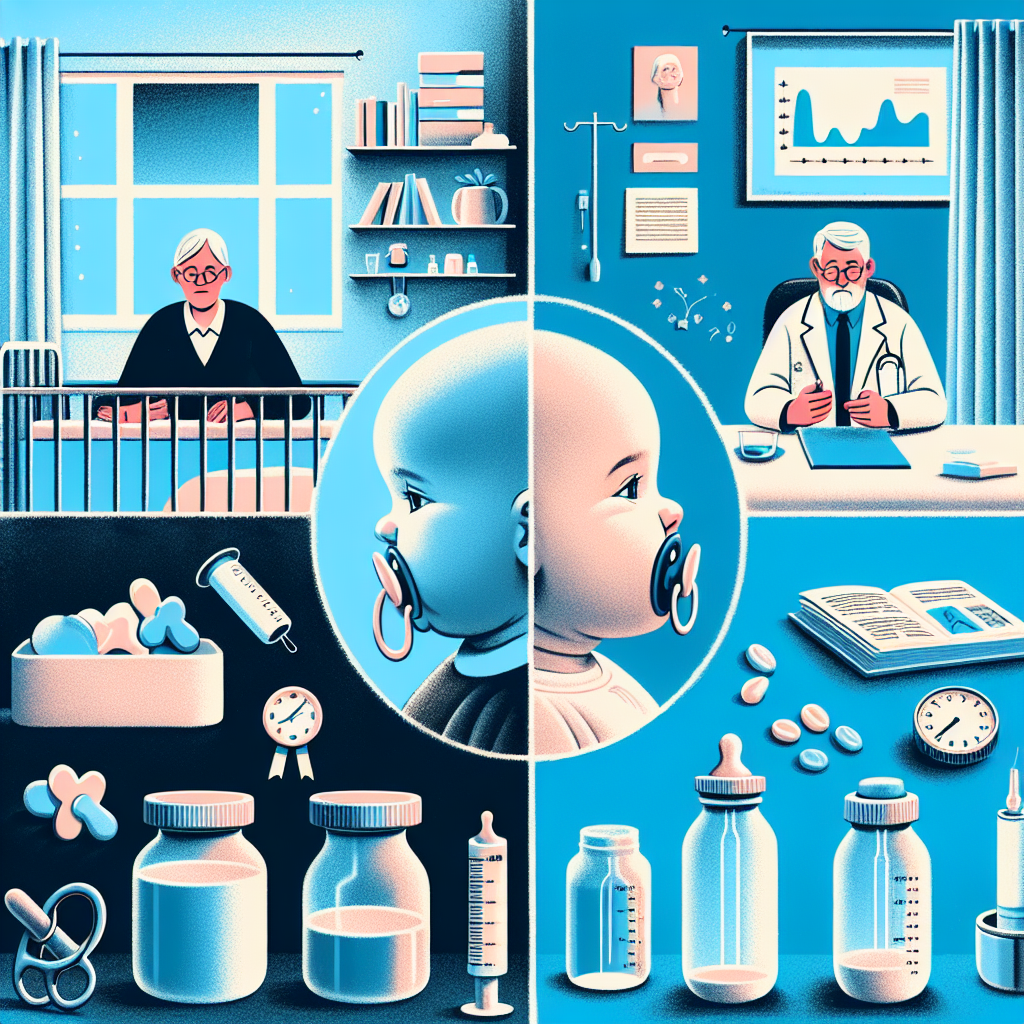Child Development: A Complete Guide to the Essential Stages
Introduction
When it comes to raising and developing children, parents are often faced with difficult decisions and bombarded with advice from all directions. One such controversial decision is the use of a pacifier. Over time, the pacifier has been both praised for its advantages and criticized for its potential disadvantages. In this article, we'll explore the pros and cons of pacifier use to help parents make the most informed choice for their baby.
Sensory and Emotional Development
Sensory Development
The pacifier is often used as a means of soothing and comforting babies. By sucking, babies improve their hand-mouth coordination and develop their sense of touch. This activity can have a calming effect on the child, helping them to calm down and fall asleep more easily. In addition, the pacifier can help reduce the risk of sudden infant death syndrome (SIDS) because it keeps the baby more alert during sleep.
Emotional Development
Emotionally, the pacifier provides important support in the first months of life, when the child learns to self-regulate and cope with the outside world. The pacifier can act as a temporary substitute when the parent is not immediately available and can alleviate feelings of anxiety or irritability.
Motor Development
Improving Coordination
Using a pacifier can help improve a child's fine motor coordination. By repeating sucking movements, babies develop their mouth and jaw muscles, which can be beneficial later for speech and feeding. These motor advantages show that the pacifier is not only a soothing tool, but one that actively participates in the child's development.
Language development
The relationship between the pacifier and language development is complex. On the one hand, the pacifier can delay speech and language development by limiting the child's opportunities to produce sounds and words. On the other hand, the muscles developed during sucking can be beneficial for later pronunciation and speech clarity.
Psychological Development
Safety and Emotional Security
The pacifier can provide a sense of safety and security, especially in new or stressful situations, such as meeting strangers or visiting the doctor. By keeping a familiar and comforting object, the pacifier can help stabilize emotions in these moments of uncertainty.
Addiction to pacifiers
Here, however, appears one of the main arguments against, addiction. Some children may become very attached to their pacifiers, which can create difficulties when the time comes to give them up. This addiction can be difficult to manage and requires a well-thought-out pacifier cessation plan.
Impact on Denture
Dental Changes
Although the pacifier may have benefits in early development, prolonged use can lead to dental changes, including problems with dental occlusion and jaw development. For this reason, dentists recommend limiting the use of the pacifier and giving it up at an appropriate age.
Breastfeeding and Pacifiers
Debates also exist regarding the impact of the pacifier on breastfeeding. Some experts suggest that the pacifier can cause nipple confusion in infants, which can affect their ability to properly attach to the breast. This could later lead to feeding and mother-child relationship problems.
Conclusion
Pacifier use has its pros and cons and, like any parenting decision, should be well evaluated and customized for each individual child. It is important for parents to consider all aspects - emotional, motor, psychological and dental - to decide what is best for their child's development. Ultimately, there is no definitive or universally valid answer, and what works for one child may not be right for another. It is essential that parents are informed, consult professionals when necessary and act in the best interest of their child. We invite you to explore more child development resources in the specialist sections of our store or subscribe to our newsletter for useful tips and regular updates.














































































































































